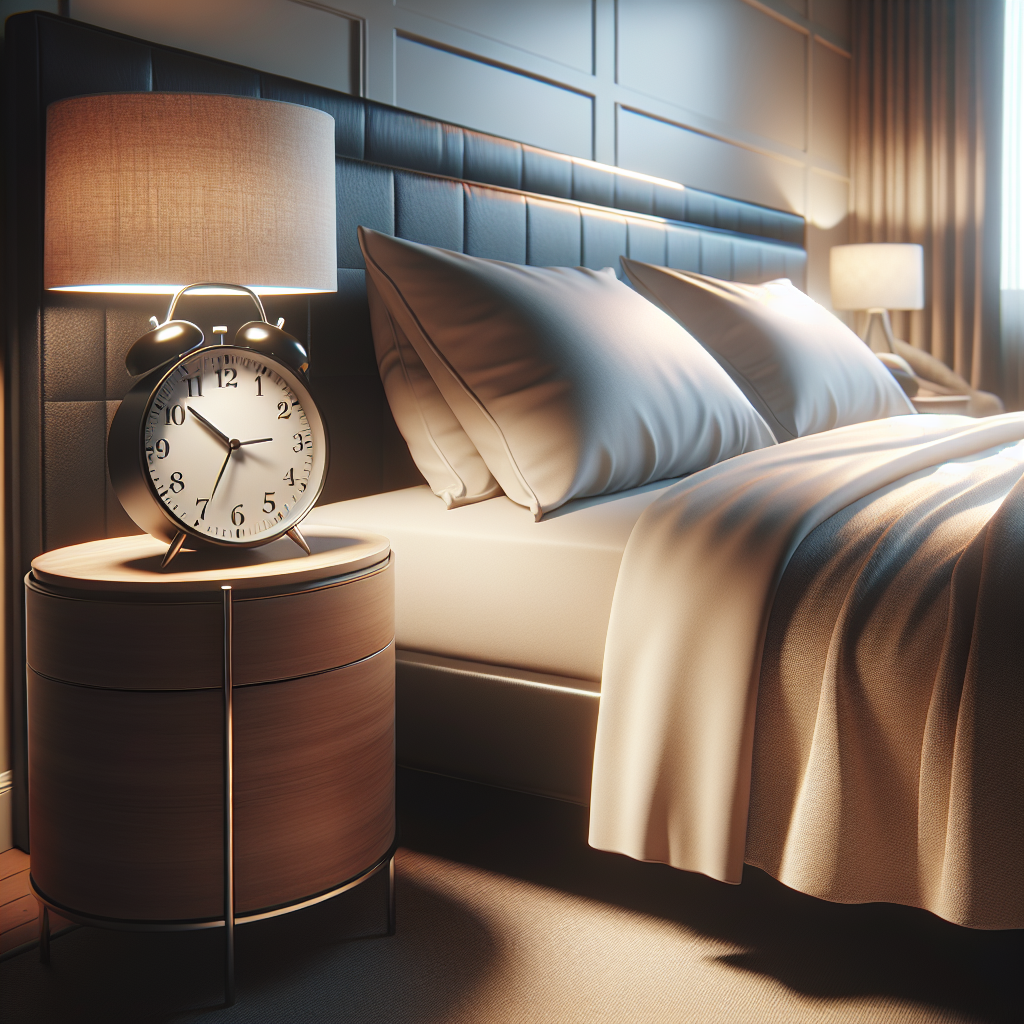There’s significant revenue in the sleep industry, from sunrise alarm clocks and premium mattresses to REM-tracking wearables and monthly melatonin subscriptions. But should we really be investing that much in the hopes of getting better sleep?
In the final episode of season 8, we consult a sleep doctor to get their professional opinion on several questions that keep us up at night:
Why is there such a large market for sleep aids?
Can these products actually help us rest?
Why do we need sleep?
What happens in our brains and bodies while we dream?
Featuring
Rocio Fabbro is a staff writer at Quartz and the host of Season 8 of the Quartz Obsession podcast. She’s curious about etymology, matcha, and late ’90s to early ’00s rom-coms.
Dr. Michael Breus is a double board-certified Clinical Psychologist and Sleep Specialist. He is one of only 168 psychologists worldwide who have passed the Sleep Medicine Boards without attending medical school.
Rocio: Sleep. Why is it so elusive? With insomnia on the rise, the sleep industry is booming. Gadgets, luxurious mattresses, sleep trackers, and melatonin are all vying for our attention. However, there’s no consensus on how many hours of shut-eye we need. Some doctors recommend at least 8 hours, while others say 6 is sufficient.
The industry is thriving, yet people are more puzzled than ever about how to get a good night’s sleep and what that entails. To delve into the mysteries of sleep, we’re joined by the sleep doctor, Dr. Michael Breus.
Dr. B: Thanks for having me on the show. I’m excited to be here.
Rocio: A leading clinical psychologist and sleep expert, Dr. Breus will share insights on insomnia, effective treatments, and practical tips for better sleep. Welcome. I’m Rocio Fabbro, your season eight host of The Quartz Obsession, where we explore the technologies and ideas that shape our lives. Today, we dive into the realm of sleep.
Dr. Breus, lack of quality sleep seems to be a growing concern in modern society. How has our understanding of insomnia evolved, especially in recent years?
Dr. B: Great question, and thanks for having me. Insomnia has definitely changed over time. Before the industrial revolution, sleep disorders were hardly recognized. The invention of the light bulb by Thomas Edison dramatically altered sleep patterns by enabling people to work at night. Then, another factor was overtime, which incentivized people to work longer hours, often at the expense of their health.
As we moved through the 1900s and into the 21st century, our sleep habits continued to evolve. The biggest changes have to do with stress and technology. Today, people are more stressed than ever, globally. I’d estimate that 75% of insomnia is related to stress and some form of depression, while the remaining 25% is due to environmental factors like screens, late nights, alcohol, and even cannabis.
Rocio: I, like many people, often reach for my phone when I can’t sleep. How bad is that for me and my brain?
Dr. B: Great question. The issue isn’t just the light from the phone; it’s the engagement. Playing a game or checking Instagram is stimulating and prevents sleep. I’m fine with people falling asleep with a TV across the room, as long as it’s not too engaging.
TV can act as a low-level distraction that helps some people wind down. It’s about finding a balance to keep your mind from overthinking but not becoming too engaged.
Rocio: Can you tell us about your own sleep experiences and what led you to specialize in sleep medicine?
Dr. B: Unlike most sleep doctors who are MDs, I have a PhD in clinical psychology and passed the Sleep Medicine Boards. My expertise combines understanding anxiety and depression with the biological aspects of sleep. Seeing how improving sleep can dramatically change someone’s life pushed me to focus on sleep medicine.
Rocio: That’s fascinating. In your research, have you come across any historical or cultural perspectives on insomnia?
Dr. B: Different cultures have unique sleep habits. For example, some Latin American cultures embrace siestas. However, one interesting historical perspective is on biphasic sleep, where people wake up in the middle of the night before going back to sleep. Understanding these patterns helps adapt sleep practices better.
Rocio: How can we tackle common myths and misconceptions about insomnia?
Dr. B: One common myth is that everyone needs 8 hours of sleep. The truth is, sleep needs vary individually. Also, going to bed earlier as an insomniac is a terrible idea; it’s better to build up natural sleep deprivation.
Here’s a five-step plan for better sleep: Wake up at the same time every day based on your chronotype, stop caffeine by 2pm, avoid alcohol three hours before bed, exercise but not within four hours of bedtime, and start your day with 15 deep breaths, hydration, and 15 minutes of sunlight.
Following these guidelines for about two weeks can lead to significant improvements.
Rocio: Looking ahead, what promising areas of sleep research are on the horizon?
Dr. B: We’re seeing advancements in pharmaceutical research, like more specific insomnia medications and potential pills for sleep apnea. There are also new circadian rhythm products, like the Apollo device that helps regulate your body’s signals. Additionally, AI could bring innovations in sleep tracking and personalized sleep medicine.
Thank you for joining us and sharing your insights.
Dr. B: My pleasure. For more information, visit TheSleepDoctor.com and take the chrono quiz.
Rocio: Dr. Michael Breus, the Sleep Doctor. This episode was produced by Podcast Fast Track with additional support from Jason Russum, Amy Perry, Liliana Zapata, Juan Palacios, and Lorena Caro. Our theme music is by Taka Yasuzawa and Alex Uguira.
If you liked what you heard, please subscribe on Apple Podcasts, Spotify, Amazon Music, or wherever you’re listening. Share this episode and head to qz.com/obsession for more. I’m Rocio Fabbro. Thanks for listening.
